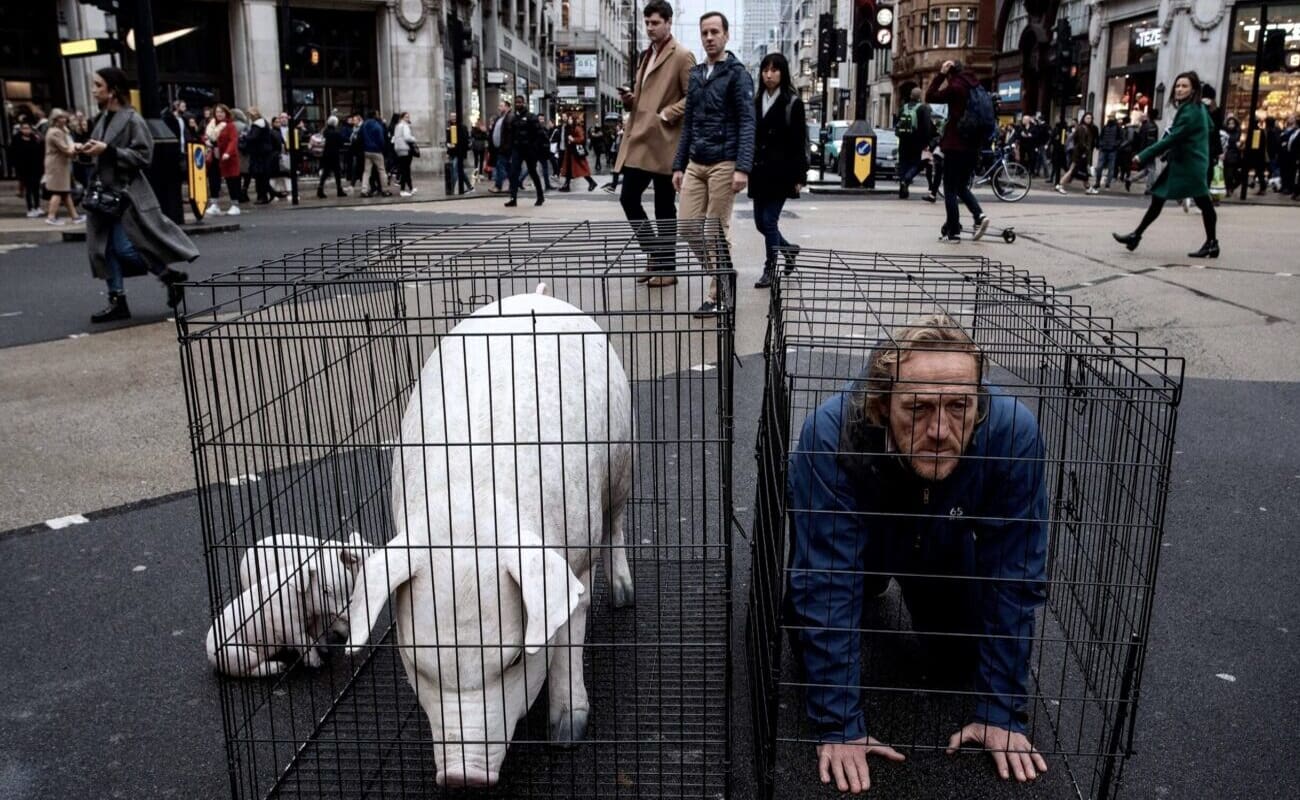The human–animal relationship is one of the oldest and most complex dynamics in human history—shaped by empathy, utility, reverence, and, at times, domination. This category explores the deeply interconnected bond between humans and animals, from companionship and cohabitation to exploitation and commodification. It asks us to confront the moral contradictions in how we treat different species: cherishing some as family members while subjecting others to immense suffering for food, fashion, or entertainment.
Drawing from fields like psychology, sociology, and public health, this category uncovers the ripple effects of animal mistreatment across human society. Articles highlight alarming correlations between animal cruelty and child abuse, the desensitizing impact of violence in industrial systems, and the erosion of empathy when compassion is selectively applied. It also explores how veganism and ethical living can rebuild compassionate connections and foster healthier relationships—not just with animals, but with each other and ourselves. Through these insights, the category shows how our treatment of animals mirrors—and even influences—our treatment of fellow humans.
By reexamining our relationship with animals, we open the door to a more compassionate and respectful coexistence—one that honors the emotional lives, intelligence, and dignity of nonhuman beings. This category encourages empathy-driven change by highlighting the transformative power of recognizing animals not as property or tools, but as fellow sentient beings with whom we share the Earth. True progress lies not in domination, but in mutual respect and ethical stewardship.
The link between domestic violence and animal abuse exposes a harrowing cycle of control and cruelty that affects both human and animal victims. Research shows that many abusers target pets as a means to intimidate, manipulate, or inflict further harm on their partners, with up to 71% of domestic violence survivors reporting such incidents. This connection not only deepens the trauma for victims but also complicates their ability to seek safety due to concerns for their beloved animals. By shedding light on this disturbing overlap, we can work towards more comprehensive interventions that protect both people and pets while fostering compassion and safety within our communities


























































